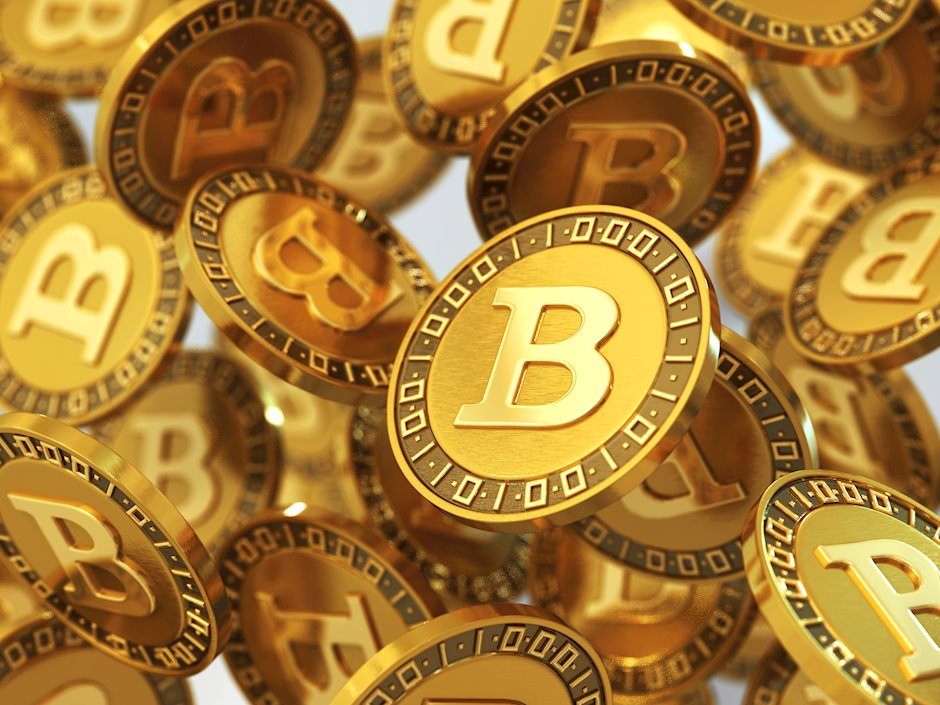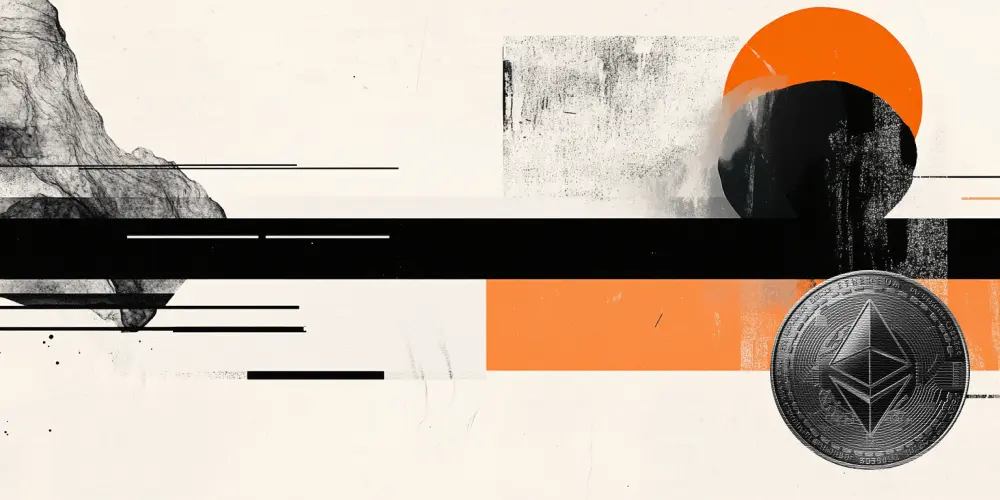Will Nicolás Maduro's cryptocurrency casino push digital money further into the mainstream?

Venezuelan President, Nicolás Maduro, seems to have chosen 2020 as the year to push the country’s cryptocurrency, Petro (PTR) into the limelight as a solution to the troubled region’s problems.
Casinos are hard to come by in the Venezuelan capital of Caracas, but this seems soon to change as Avila National Park’s Hotel Humboldt looks set to become the venue for a brand new international casino - that’s going to operate solely through the use of Petro.
Maduro sees the usage of Petro in a gambling environment as a key way of pushing more adoption while developing funding for public health services and domestic education programmes.
The move flies in the face of the orders of Maduro’s predecessor, Hugo Chavez, who a decade earlier ordered the closure of all betting locations due to their links to prostitution, drugs and other forms of crime.
Following on from Chavez’s tenure, the relatively prosperous country has fallen on hard times, while gambling has been limited to just a handful of online platforms.
The arrival of the Petro-driven casino aims to contribute to a positive change of fortunes for Venezuela. But is Maduro’s casino capable of bringing change to Caracas? And could its successful implementation pave the way for more widespread acceptance of cryptocurrencies? Let’s take a look at the wider implications of Maduro’s big gamble:
The arrival of a crypto casino in Caracas
It’s, of course, early days in the life of the first crypto casino in Caracas. Maduro’s announcement was bold, but there wasn’t a great deal of information available to onlookers.
The casino is yet to be given a name, and it’s unclear as to whether the project is designed to regenerate the area in which it’s set to be situated. We don’t yet know whether users will be required to use the dedicated Petro App to play in the casino, and it’s not clear as to whether there will be any ATMs offering currency conversions after its launch. We’re also uncertain of how users will be able to access their winnings.
Writing for the CoinTelegraph, Andrew Calderaro goes one step further by questioning just how a cryptocurrency casino is going to help an education and health system that’s heavily depleted and in dire need of substantial galvanisation.
Naturally, it’s important at this stage to advise some degree of scepticism over the entire project. However, this isn’t to say that the notion of creating a public space that’s capable of encouraging the adoption of a fresh digital currency is a bad idea. Venezuela’s traditional currency, the Bolivar, has such an untenable inflation rate that as of the 3rd of January 2020, one US Dollar was the equivalent of 248,478 VEF.
Can a casino build Petro’s momentum?
Plans to build a Petro casino comes as Maduro steps up his efforts to encourage the widespread usage of the cryptocurrency. The Venezuelan President even announced that airlines flying from Caracas would need to pay for fuel in the nation’s cryptocurrency only in January 2020.
This move has been looked upon as a controversial one by the United States for instance, with the nation banning the use of Petros nationwide. Risk rating organisations have labelled the stablecoin a ‘scam’ - a notion echoed by the website icoinindex.com.
The Petro was launched as an alternative currency for Venezuela in 2018 and was backed by the nation’s vast oil reserves. Acting as a stablecoin, the Petro was designed as an effective way of overcoming the country’s liquidity shortages. It’s Maduro’s aim to prompt more members of the Venezuelan public into adopting Petro as the nation’s de facto primary form of currency.
Political tensions between Venezuela and the United States have hampered the Petro’s progress, but Maduro’s choice to build a casino based around the currency could help to promote some much-needed adoption among citizens.
Away from South America, 2020 looks to be a landmark year for the stablecoin, and although the hotly anticipated launch of Facebook’s Libra looks to be on the ropes, other coins like TMV and Tether have been performing admirably.
Stablecoins work by tethering their value to tangible assets like the US Dollar, or gold, as a way of keeping their respective values as static as possible - opening the door for more widespread usage as opposed to investment opportunities.
While it’s fair to say that the future of Petro may hinge more on the patching up of Venezuela’s political relations with the rest of the world, a casino designed to encourage more widespread adoption could yield some success for younger citizens, who may leave Maduro’s casino with more awareness and confidence over how to make transactions with the stablecoin.
The world of crypto gambling
Interestingly, the notion of a cryptocurrency casino isn’t new, and there are already digital casinos in existence online that offer gambling to users in the form of Bitcoin and various other alternative currencies.
While some platforms enable users to bet on sports through cryptocurrencies like Ethereum, Litecoin and Dogecoin, other sites allow players to make use of real-time features paves the way for users to bet alongside one and other in a virtual space.
It’s fair to say that, although Maduro’s crypto casino idea may be a little ambitious given Venezuela’s problems today, his idea isn’t far off of adoption for more emerging economies and nations that possess a strong infrastructure to attract cryptocurrency holders both domestically and internationally.
The emergence of stablecoins will provide a platform to bolster crypto casinos further, with holders capable of knowing with confidence the value of the assets they’re gambling with.
Could crypto casinos push digital finance into the mainstream?
Maduro’s aim is to push digital finance adoption in Venezuela through a cryptocurrency-driven casino.
Despite the Venezuelan President’s possible motives, making stable cryptocurrencies accessible through the medium of entertainment could be an efficient way of paving the way for better familiarity with digital coins and may also demonstrate one practical application for possessing crypto assets.
While casinos don’t traditionally cater to a far-reaching demographic, one of the biggest challenges facing the crypto world stems from finding practical applications for digital money. The reason currencies like Bitcoin and Ethereum are so volatile is partly down to them operating in a wildly speculative market.
The implementation of practical areas in which to spend cryptocurrencies will ultimately be a driving force for adoption. Whether it’s ethical that said driving force will come from gambling - especially when the world of crypto is blighted by the black market and illegal activity - is another question entirely.
When Satoshi Nakamoto set out his ideas for Bitcoin over a decade ago, the plan for the cryptocurrency was interpreted as a means of replacing the old financial systems in place at the time. Ten years on and the world is no closer to using digital finance as a way of purchasing apples at the grocery store or paying for an electricity bill.
The opening of cryptocurrency casinos may be a little too close for comfort in terms of the ethical use of digital coins, but it could take us one step closer to daily usage and a long-overdue arrival into the mainstream.
Author

Dmytro Spilka
Solvid
Dmytro is a tech, blockchain and crypto writer based in London. Founder and CEO at Solvid. Founder of Pridicto, an AI-powered web analytics SaaS.




